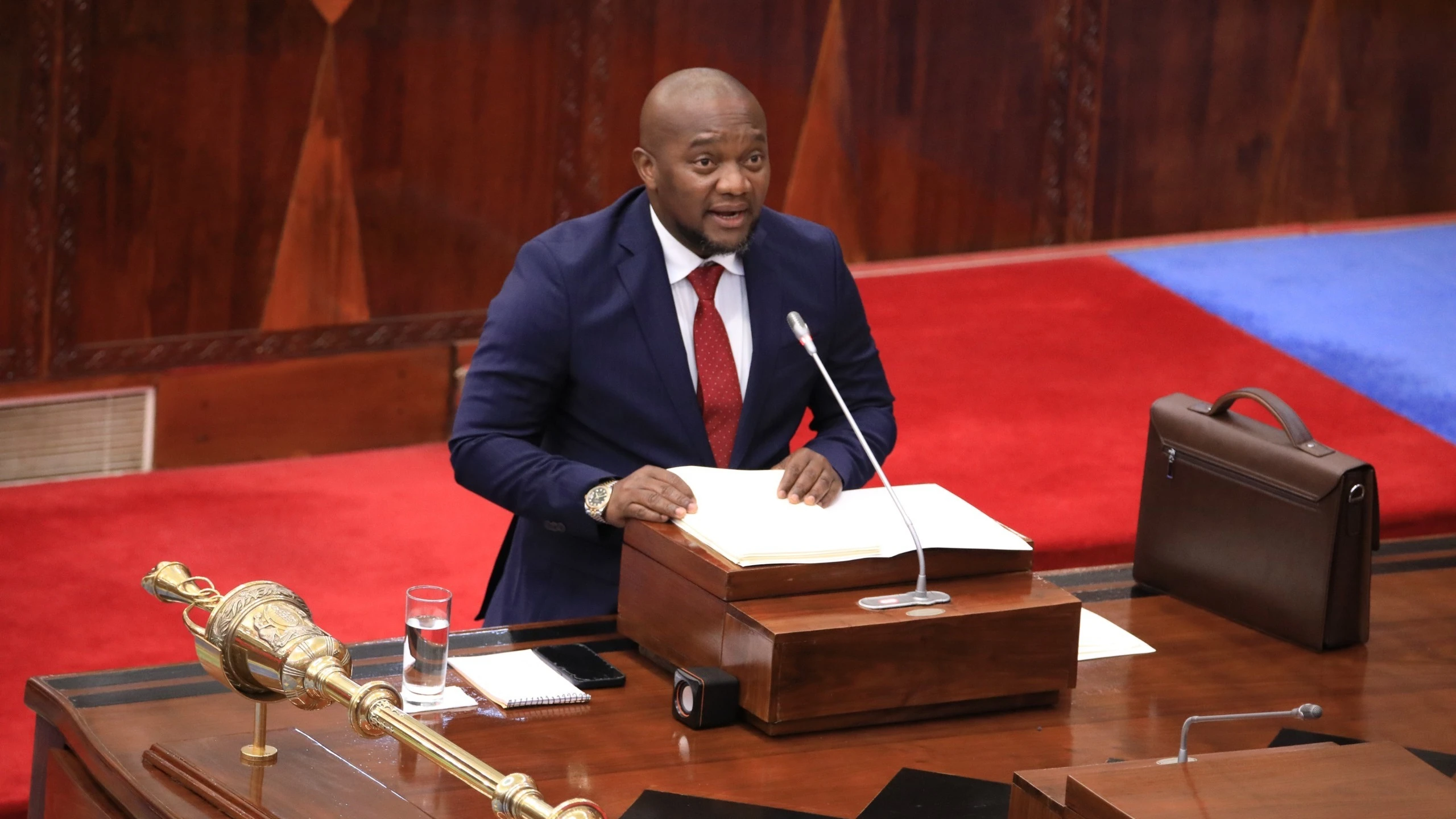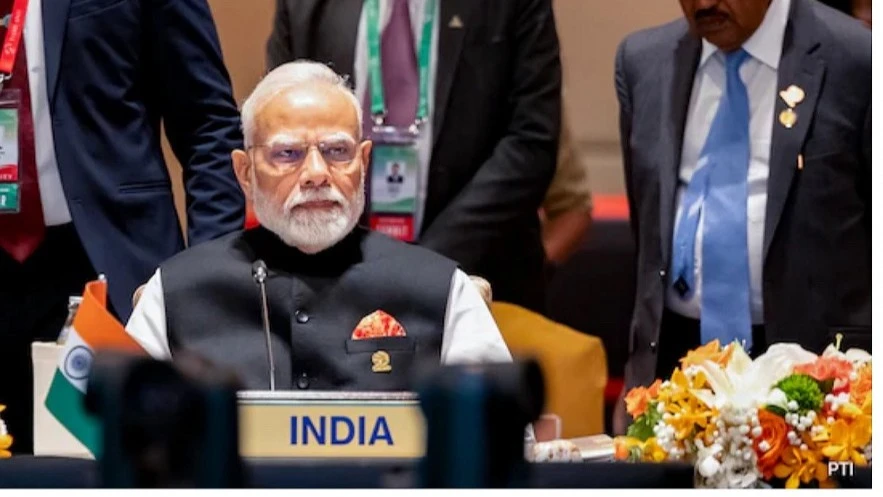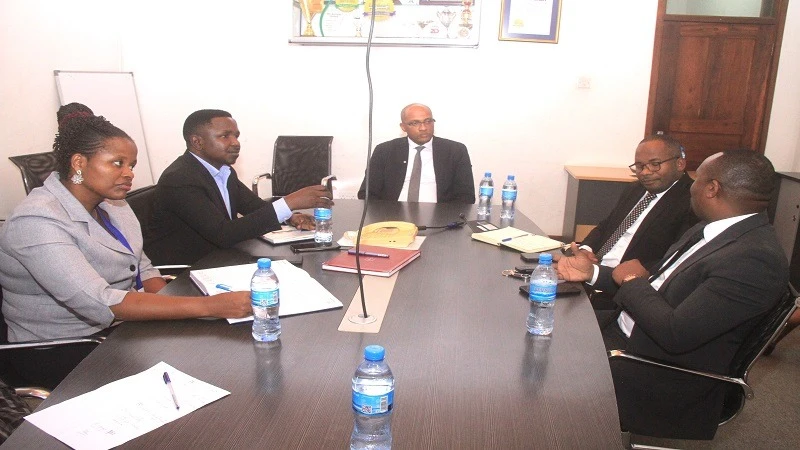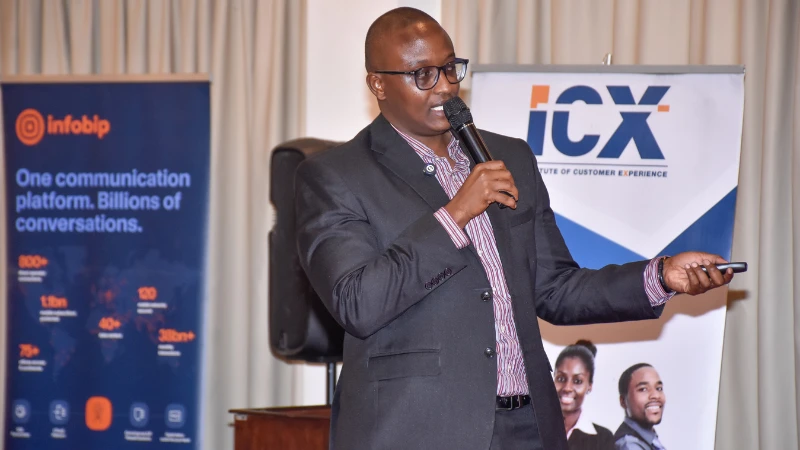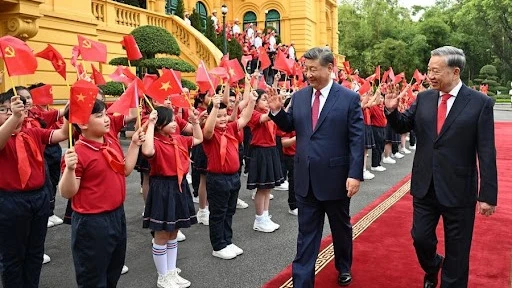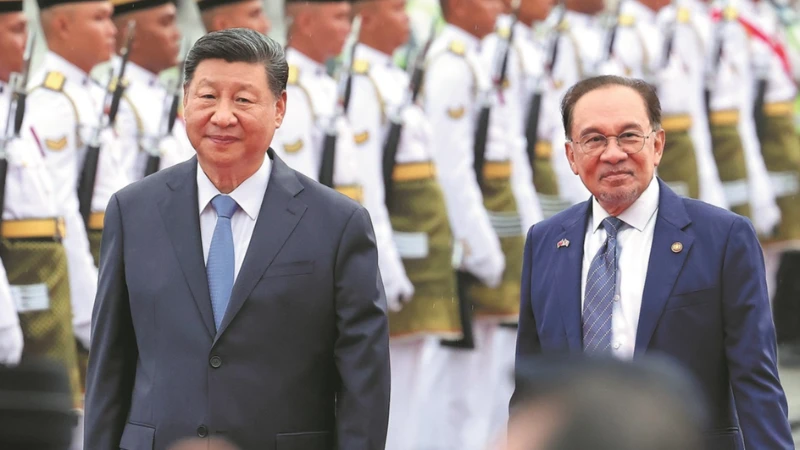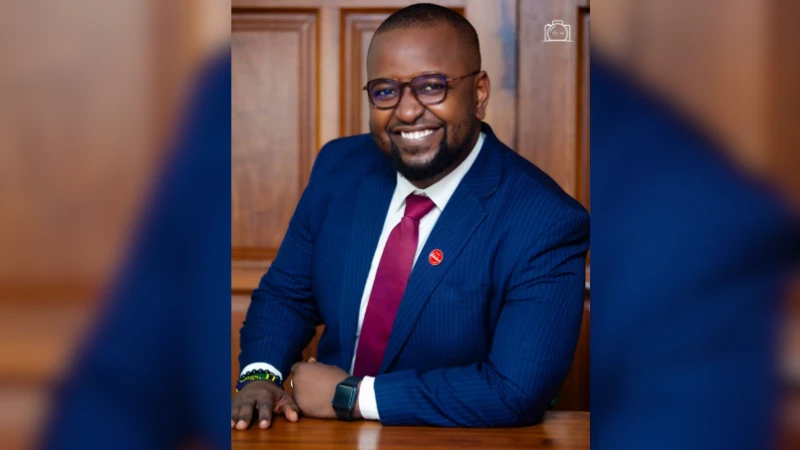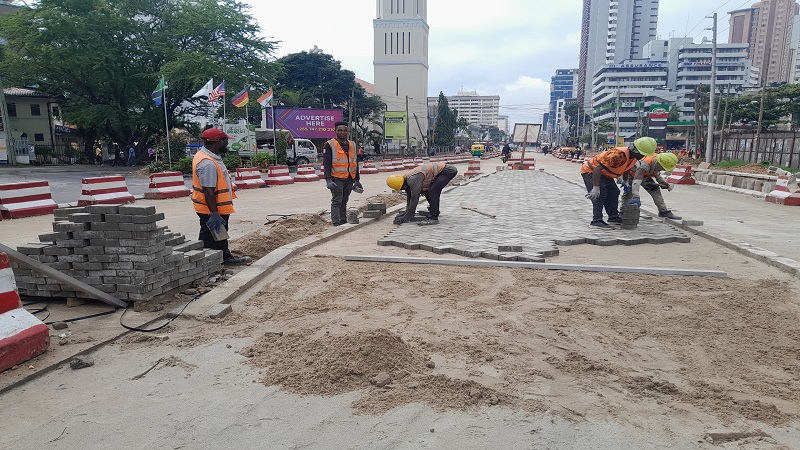VP: Boost domestic revenue collections

VICE President Dr Philip Mpango has called for bold and comprehensive reforms to strengthen domestic revenue collection, describing it as a crucial step towards reducing reliance on foreign aid and ensuring sustainable national development.
Officiating at the National Tax and Investment Dialogue held in Dar es Salaam yesterday, the VP underscored the need for a multi-faceted approach to enhance internal revenue generation.
He stressed that Tanzania must take decisive action to reform its tax system and eliminate inefficiencies that hinder effective collection, urging greater vigour in strengthening domestic revenue collection and management capacity.
“The time to act is now,” he declared, emphasizing the need for comprehensive tax reforms, including harmonisation of the tax system and the gradual removal of unnecessary tax exemptions.
Similarly tax concessions and holidays should be removed as they drain significant public resources, he stated, demanding a review of Section 28(b) of the Tax Ombudsman Act, where certain provisions may be impeding efforts to ensure accountability in tax institutions.
Introducing performance-based incentives for tax agents and revenue collection bodies is needed to combat corruption and enhance transparency, he said, underlining the need to offer incentives to tax professionals.
This can serve as a powerful tool to discourage corrupt practices and boost efficiency, he declared, further advocating for greater integration of digital technologies, particularly expanded use of electronic fiscal devices (EFDs), to improve the monitoring, reporting and collection of taxes.
He stressed the need for a strategic and inclusive approach to meet the challenges of the informal sector, including lowering the cost of formalising businesses.
There is need to encourage the transition of informal enterprises into the formal economy as an essential move to broaden the tax base, he explained, citing the need for the creation of a national taxpayer database.
This would enhance tracking, ensure fairer distribution of the tax burden and improve compliance, he further asserted, urging the forum participants to develop innovative and practical strategies that would support Tanzania’s transition from donor dependency.
“Let this conference be the beginning of a new chapter—one where we prioritise domestic resources as the foundation for financing the national development vision 2025–2050,” he emphasized.
Dr Natu Mwamba, the Treasury permanent secretary, outlined the primary objective of the forum as to gather views and recommendations from stakeholders on improving systems related to taxation, fees, levies and other revenue mechanisms.
The proposed reforms are intended to attract investment in productive domestic sectors, improving revenue management and stimulating overall economic growth, she said.
She assured participants that the government would give careful consideration to stakeholder inputs as part of the ongoing review of revenue policies, ahead of setting out the 2025/26 budget estimates.
This year’s dialogue marked the third edition of the forum, following the inaugural session in 2023 and the second last year. Contributions from previous editions have significantly influenced the refinement of revenue policies in the respective national budgets, she added.
Top Headlines
© 2025 IPPMEDIA.COM. ALL RIGHTS RESERVED








